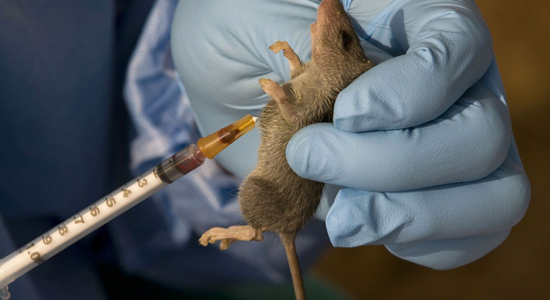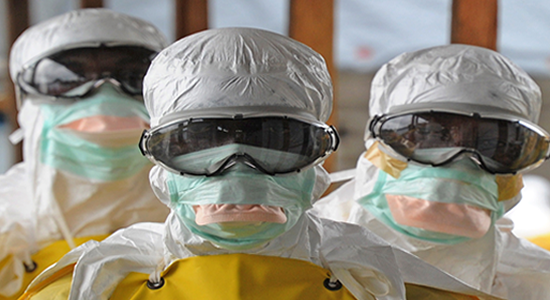Buhari Orders Revert of State House Clinic
President Muhammadu Buhari has ordered that the State House Medical Centre (SHMC) be reverted to a Clinic in a bid to serve the original purpose of its establishment. Mr Jalal Arabi, Permanent Secretary, State House, made the assertion when he appeared before the Senate Committee on Federal Character and Inter-Governmental Affairs for the 2019 budget defense.











